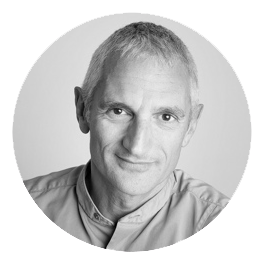There’s no official correlation between cold weather and the debilitating condition that is a frozen shoulder (although the body will generally tighten when the temperature drops which can adversely impact injury). But with five percent of adults developing this problem (which can take up to four years to resolve without treatment) at some point in their lives – one of the coldest month of the year seems like a good time to discuss it!
A frozen shoulder, or Adhesive Capsulitis, occurs when adhesions develop around the capsule of the shoulder or glenohumeral joint, thereby restricting arm movements. In fact, the shoulder joint only accounts for half the movement in the arm; the remaining half is attributed to the shoulder complex, comprising of movement of the shoulder blade (scapula) and clavicle. Restrictions in the shoulder complex can be a major contributing factor in a frozen shoulder.
Risk of a frozen shoulder is thought to be increased for people with diabetes, as well as for those recovering from injury or surgery, like a mastectomy, where movement in the shoulder has been restricted. Stress and lifestyle factors are also thought to be potential causes. The main symptoms are a dull, achy, pain and stiffness in the shoulder joint, which can make the arm and shoulder painful and difficult to move. Depending on the severity, this debilitating condition can have a hugely negative effect on a sufferer’s life, often obstructing sporting activities, impacting sleep and sometimes even making doing up a bra or getting the arm in and out of a sleeve extremely painful. In fact, up to 15 per cent of patients are left with a permanent inability to raise their arm fully.
Traditional pain relief can sometimes help with symptoms and steroid injections and surgery are also available. But if, despite these measures, you’re still suffering with the pain and stiffness of a frozen shoulder, then maybe it’s time to consider visiting an osteopath?
Assessment of the shoulder complex (glenohumeral joint and upper back mechanics) and use of allied therapies (Western Acupuncture and Low Level Laser Therapy) can be used to achieve an effective resolution to pain and stiffness. And the prescription of ongoing exercises and also lifestyle suggestions, can be hugely beneficial to improving overall health. As this client of ours can testify:
“I had a painful shoulder for about a month before I saw Robin. I had a total of 5 treatments on my ‘frozen shoulder’, which started to improve almost immediately. It has now cleared up. I found Robin very gentle and knowledgeable. He obviously knows exactly what he is doing and I trusted him implicitly. I would definitely recommend him to any of my friends.” SB, 39
So, if you’re a frozen shoulder sufferer don’t let this debilitating condition continue to haunt you through the warmer months. Why not contact us to discuss your condition in more detail and make an appointment?

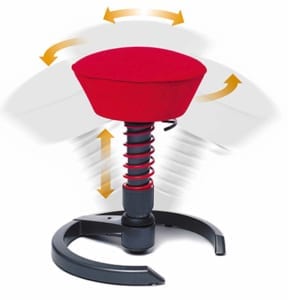
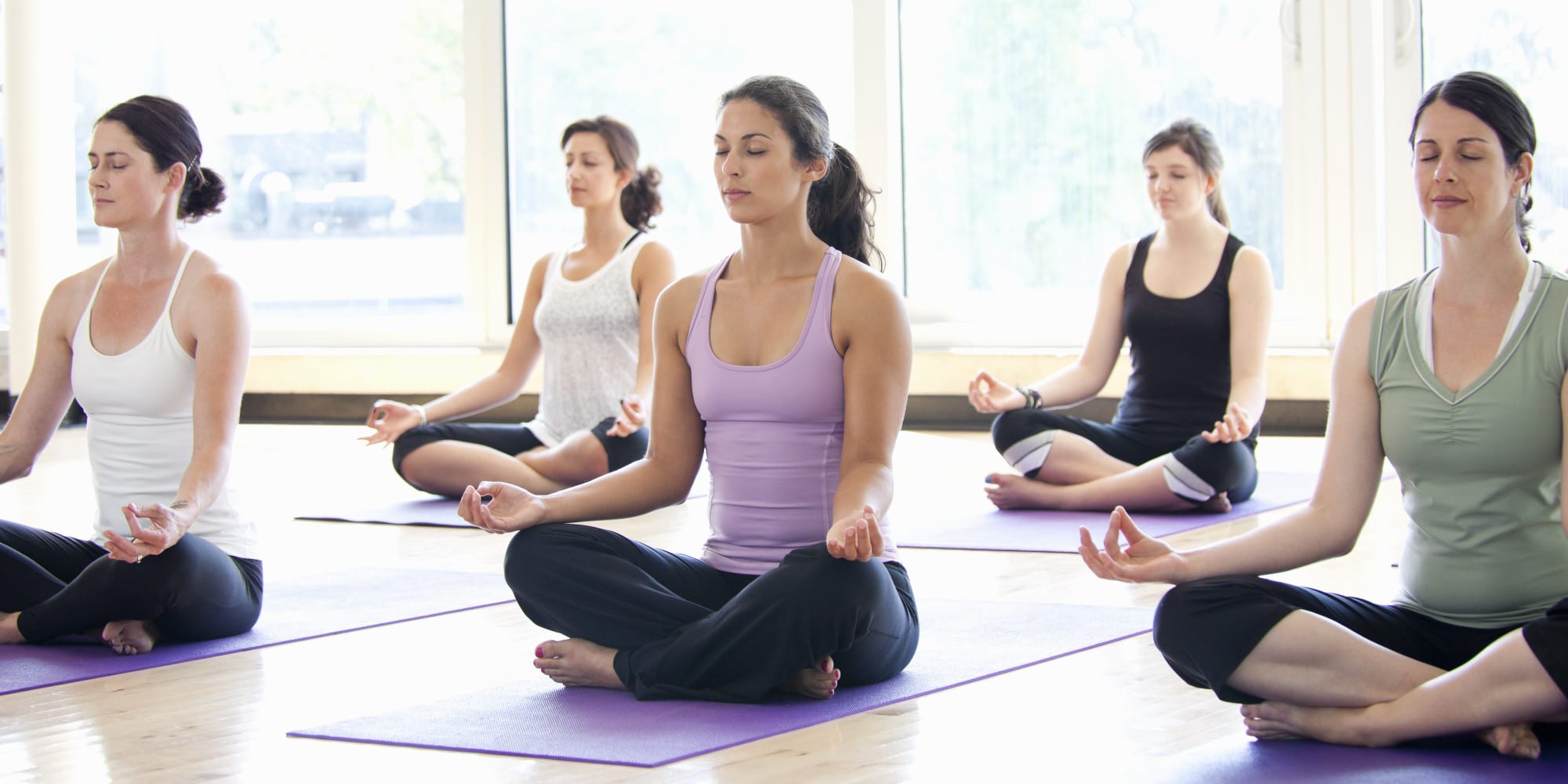
 Treating people with a range of back problems is a mainstay of any Osteopath’s job. Therefore, we welcome a campaign such as
Treating people with a range of back problems is a mainstay of any Osteopath’s job. Therefore, we welcome a campaign such as  Robin Kiashek has over two decades of experience in treating a range of painful conditions related to the spine. By providing a thorough assessment and a treatment plan, including exercises and guidance on how to prevent future occurrences, patients receive a personalised treatment plan well-rounded individual treatment that can bring relief and independence. If the problem is severe or prolonged, such as acute pain resulting from injury, a treatment plan can be adjusted over time to help a patient regain optimum movement and strength.
Robin Kiashek has over two decades of experience in treating a range of painful conditions related to the spine. By providing a thorough assessment and a treatment plan, including exercises and guidance on how to prevent future occurrences, patients receive a personalised treatment plan well-rounded individual treatment that can bring relief and independence. If the problem is severe or prolonged, such as acute pain resulting from injury, a treatment plan can be adjusted over time to help a patient regain optimum movement and strength.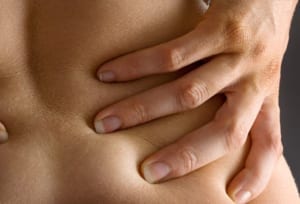 You will also recognise how life-changing good treatment is. At The Robin Kiashek Clinics the aim is to make treatment as transformative as possible, not merely temporarily effective. The treatment you will be given will not only relieve pain but help to strengthen the body in order to prevent further pain or injury. It is possible to relieve symptoms with an array of gentle treatments, all with your agreement, ranging from
You will also recognise how life-changing good treatment is. At The Robin Kiashek Clinics the aim is to make treatment as transformative as possible, not merely temporarily effective. The treatment you will be given will not only relieve pain but help to strengthen the body in order to prevent further pain or injury. It is possible to relieve symptoms with an array of gentle treatments, all with your agreement, ranging from 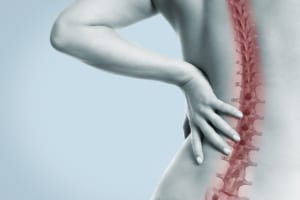
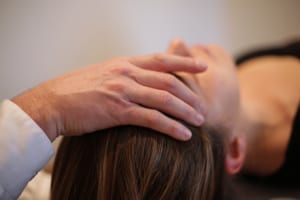 Ultimately I take a holistic approach to any health issue and, to go back to the analogy, find out why that dripping tap first occurred. As somebody who has undertaken extensive training from Osteopathy and Naturopathy, Post graduate studies in NeuroLinguistic Programming (NLP)/Life Coaching, Western Acupuncture, The Perrin Technique for Chronic Fatigue Syndrome and Low Level Laser Therapy.
Ultimately I take a holistic approach to any health issue and, to go back to the analogy, find out why that dripping tap first occurred. As somebody who has undertaken extensive training from Osteopathy and Naturopathy, Post graduate studies in NeuroLinguistic Programming (NLP)/Life Coaching, Western Acupuncture, The Perrin Technique for Chronic Fatigue Syndrome and Low Level Laser Therapy.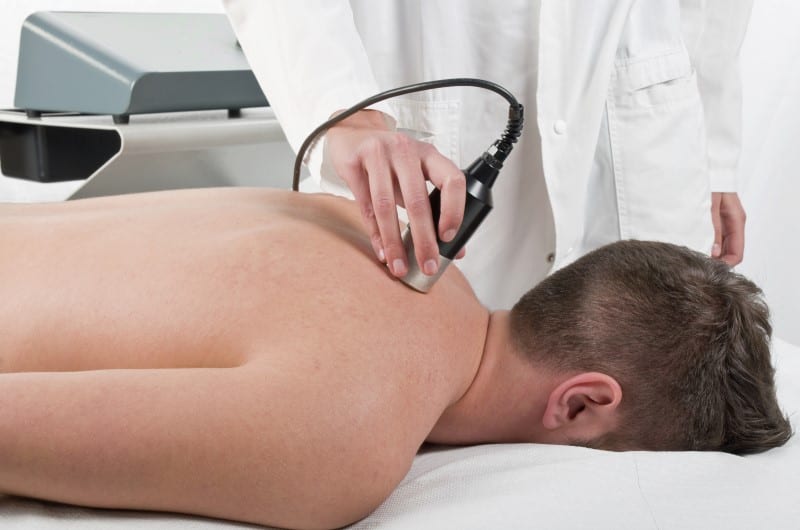 Low Level Laser Therapy (LLLT) is a treatment that can speed up certain healing processes by using specific wavelengths of light to interact with tissue. It has been effective in treating a variety of chronic and acute conditions in order to enhance functionality and to reduce pain, swelling and spasms. Some conditions that respond particularly well to LLLT include:
Low Level Laser Therapy (LLLT) is a treatment that can speed up certain healing processes by using specific wavelengths of light to interact with tissue. It has been effective in treating a variety of chronic and acute conditions in order to enhance functionality and to reduce pain, swelling and spasms. Some conditions that respond particularly well to LLLT include: